Athlete Pressure

How does the pressure of expectations from fans, media, and sponsors influence an athlete's performance at a competitive level ?
The text discusses the influence of expectations from fans, media, and sponsors on athlete performance. It outlines both positive and negative impacts of these expectations. Fan expectations can motivate athletes and boost their confidence but can also cause anxiety and distractions. Media expectations increase publicity and accountability but may lead to overwhelming pressure and misrepresentation. Sponsor expectations provide financial support and brand alignment opportunities but can result in contractual pressures and distractions. Overall, managing these external pressures effectively is crucial for athletes to maintain optimal performance levels.
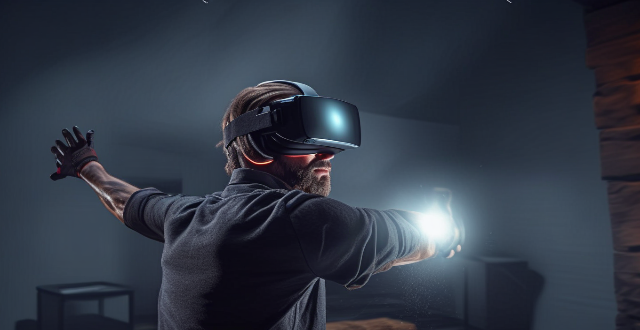
Can virtual reality training improve athlete skills ?
Virtual reality (VR) technology has been increasingly utilized in sports training, raising the question of whether it can improve athlete skills. The answer depends on several factors, including the type of sport and specific skills required. VR platforms offer a novel medium to develop cognitive skills such as concentration and alternating attention. They can be highly beneficial for sports requiring precision and accuracy, providing a controlled environment for repeated practice and immediate feedback. However, VR should not replace traditional physical training entirely but be used as a supplementary tool. Additionally, VR can help athletes mentally prepare for competition by simulating game scenarios and practicing decision-making skills under pressure. The effectiveness of VR training depends on various factors, and its evolution in sports training programs will be interesting to observe as technology advances.

How can sports psychology help athletes manage stress and pressure during competitions ?
Sports psychology helps athletes manage stress and pressure during competitions by providing techniques and strategies to improve mental toughness, confidence, and focus. These techniques include goal setting, visualization, breathing exercises, mindfulness and meditation practices, and coping strategies such as problem-solving and emotion regulation. By implementing these tools, athletes can improve their performance and enjoy their sport more fully.

How can families deal with the pressure and expectations that come with competitive sports ?
The article discusses how to manage pressure and expectations in competitive sports. It suggests setting realistic goals that focus on personal growth rather than comparing oneself to others. It also recommends encouraging a positive mindset by praising effort and improvement, emphasizing the importance of sportsmanship and fair play, teaching resilience, and modeling a positive attitude towards sports and competition. To foster a supportive environment, it suggests providing regular feedback and constructive criticism, encouraging open communication about feelings and concerns, celebrating successes, big and small, and offering emotional support during tough times. Finally, it emphasizes the importance of maintaining a balanced lifestyle that includes time for rest, relaxation, and other activities outside of sports. By implementing these strategies, families can help their athletes enjoy their sports journey while achieving personal growth and success.
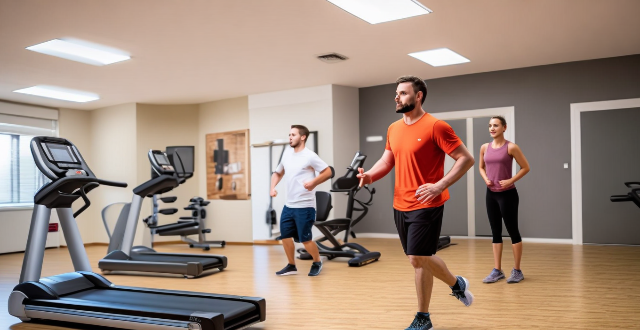
Can AI improve sports performance and athlete safety ?
Artificial Intelligence (AI) is transforming the sports industry by enhancing athletic performance and ensuring athlete safety through personalized gear design, optimized nutrition and training schedules, and injury prevention. AI's predictive capabilities help in preemptive measures against injuries, while wearable technology provides real-time data for monitoring an athlete's physical state. The future of AI in sports holds immense potential for real-time feedback, strategy adjustments, and fair play enforcement.

What are the effects of stress and pressure on an athlete's performance, and how can sports psychology mitigate these ?
Stress and pressure can have both positive and negative effects on an athlete's performance. In small amounts, stress can increase focus and motivation, leading to improved performance. However, excessive stress and pressure can have detrimental effects on an athlete's physical and mental health, as well as their overall performance. Sports psychology is a field that focuses on using psychological techniques to improve athletic performance and enhance overall well-being. Sports psychology professionals work with athletes to develop strategies for managing stress and pressure, improving mental toughness, and enhancing overall performance.
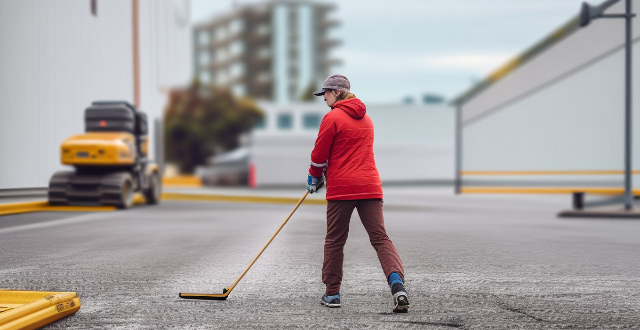
Can team sports help in coping with pressure ?
Team sports can help cope with pressure by developing resilience, building confidence, providing supportive networks, and teaching time management.

How do high-tech training facilities contribute to athlete development and recovery ?
High-tech training facilities contribute to athlete development and recovery by providing advanced equipment, technologies, and personalized programs. These resources help improve performance, prevent injuries, and facilitate efficient recovery.

What are some common psychological challenges faced by athletes and how can they be addressed ?
Athletes face numerous psychological challenges that can impact their performance, well-being, and success. These include performance anxiety, fear of failure, pressure to win, comparison to others, and recovery from injury. Addressing these challenges through mindfulness training, goal setting, cognitive reframing, mental toughness training, balanced perspectives, and support systems can improve an athlete's mental game and overall well-being.

What is the role of biometric monitoring in athlete health and fitness ?
Biometric monitoring is a valuable tool for athletes to optimize their performance, recovery, and overall well-being. By collecting and analyzing data related to an individual's physical characteristics, such as heart rate, skin temperature, and body composition, athletes can gain insights into areas where they may need improvement or make adjustments to their training regimen. Biometric monitoring can also help athletes monitor their recovery from workouts and competitions, optimize their training regimens, prevent injuries, and enhance their overall well-being. Overall, biometric monitoring plays a crucial role in athlete health and fitness by providing valuable insights into performance, recovery, training regimens, injury prevention, and overall well-being.
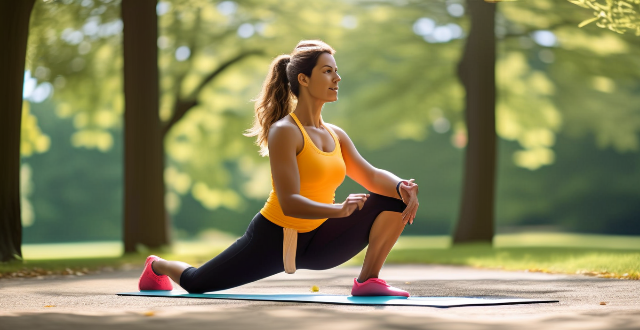
What is the best way to structure a training program for a beginner athlete ?
As an AI assistant, I can provide general guidelines and tips on how to structure a training program for a beginner athlete. Before starting any training program, it is important to set clear goals and objectives. Every training session should start with a warm-up and end with a cool-down period. Strength training should be a key component of any beginner athlete's training program. Cardiovascular training is essential for improving endurance, burning calories, and enhancing overall health. Flexibility and mobility are often overlooked but are crucial for preventing injury, improving performance, and maintaining good posture. Recovery and rest are equally important as training itself. By following these guidelines and seeking guidance from qualified coaches or trainers, beginner athletes can safely and effectively improve their fitness levels and achieve their desired outcomes.

How does peer pressure affect the mental and emotional development of adolescents ?
**Peer Pressure and Its Impact on Adolescent Development** Peer pressure significantly influences the beliefs, behaviors, and development of adolescents. Understanding its effects is crucial for promoting healthy growth. **Definition and Nature:** Peer pressure involves social and psychological influences that lead to conformity. It can be positive or negative. **Impact on Mental Health:** Constant peer influence can lead to stress, anxiety, depression, and self-esteem issues. **Effects on Emotional Development:** Adolescents may become dependent on peers, strain familial relationships, and face challenges in developing emotional intelligence. **Long-Term Implications:** Peer pressure can shape adult personality traits, career choices, and interpersonal skills. **Mitigating Negative Effects:** Parents, educators, and mental health professionals should encourage open communication, build resilience, and promote self-awareness among adolescents.

What is the role of peer pressure in maintaining or undermining academic integrity ?
Academic integrity is a commitment to honesty, trust, fairness, respect, and responsibility. Peer pressure can play a positive role in maintaining academic integrity by encouraging ethical behavior, promoting collaborative learning, and providing support and encouragement for students. However, peer pressure can also undermine academic integrity by promoting cheating and plagiarism, disrupting collaborative learning environments, and stigmatizing help-seeking behavior. It is essential to recognize the potential impact of peer pressure on academic integrity and work to foster an environment that supports ethical behavior and discourages cheating and plagiarism.

How do climate models account for factors such as ocean currents, atmospheric pressure, and solar radiation ?
Climate models are complex mathematical representations of the Earth's climate system, designed to simulate and understand the behavior of various components such as ocean currents, atmospheric pressure, and solar radiation. These factors play a crucial role in shaping our planet's climate, and their interactions are essential for accurate climate predictions. Ocean currents act as conveyor belts for heat, moving it from the equator towards the poles and helping to regulate global temperatures. Climate models use fluid dynamics equations to simulate the movement of water in the oceans, and observations from satellites and buoys are integrated into models to improve the accuracy of ocean current simulations. Atmospheric pressure influences weather patterns and is a key driver of wind systems around the globe. Numerical Weather Prediction (NWP) Models solve the Navier-Stokes equations to simulate atmospheric pressure changes over time, while Global Climate Models (GCMs) incorporate principles of thermodynamics and fluid dynamics to predict how pressure variations will impact climate. Solar radiation provides the primary energy source that drives Earth's climate system. Radiative Transfer Models (RTMs) calculate how solar radiation interacts with the atmosphere and Earth's surface, while Spectral Irradiance Models estimate the amount of solar energy reaching Earth based on sunspot activity and other solar cycles. Coupled Models combine RTMs with atmospheric and oceanic models to understand the full impact of solar radiation on climate.

How do successful athletes manage pressure and stress ?
Successful athletes use various strategies to manage pressure and stress, including visualization and mental rehearsal, mindfulness and meditation, goal setting and preparation, routine and consistency, social support, physical health and recovery, and flexibility and adaptability. These techniques help them stay calm, focused, and resilient during major competitions.

How can athletes maintain emotional balance during high-pressure competitions ?
Athletes can maintain emotional balance during high-pressure competitions by practicing mindfulness and meditation, visualization and imagery, goal setting and positive self-talk, physical preparation and recovery, social support, and seeking professional help when needed.

What types of data do sports performance tracking systems collect ?
Sports performance tracking systems collect a variety of data types, including physiological, biomechanical, technical, tactical, and psychological information. This data can help athletes and coaches analyze performance, identify areas for improvement, and make informed decisions about training and competition strategies. Other information such as environmental conditions, equipment used, and nutrition intake may also be collected to provide a comprehensive picture of an athlete's performance.
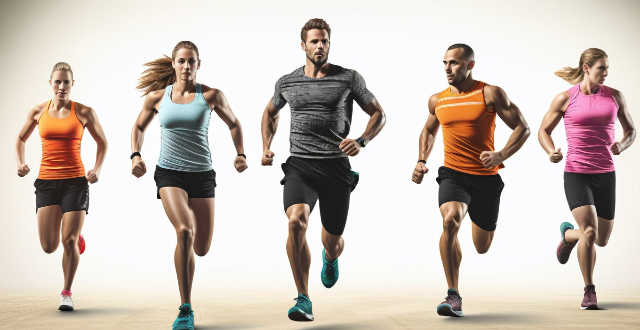
What are the most common metrics used in analyzing sports performance ?
Analyzing sports performance is crucial for athletes, coaches, and teams to improve their skills, strategies, and overall performance. There are several metrics used to evaluate different aspects of sports performance, including time-based metrics such as speed and pace; distance-based metrics such as distance covered and displacement; power-based metrics such as peak power and power endurance; technique-based metrics such as form analysis and biomechanical analysis; physiological metrics such as heart rate and VO2 max; and mental metrics such as mental toughness and motivation levels. These metrics can help athletes and coaches identify areas for improvement and develop effective training programs to enhance performance.
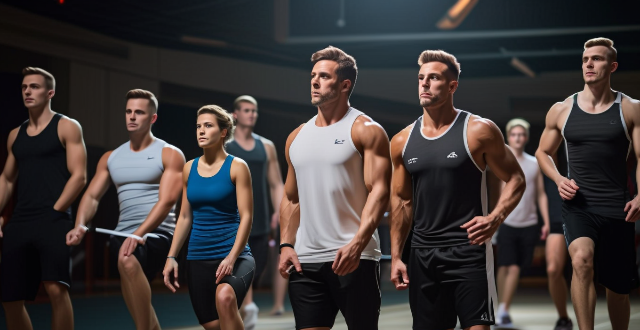
How does sports psychology differentiate between elite and average performers ?
In sports psychology, elite athletes are distinguished from their average counterparts by a combination of psychological traits, physiological factors, and environmental influences. Key differences include mental toughness, self-confidence, focus, emotional regulation, motivation, and the quality of support systems. Elite performers typically exhibit superior resilience, set ambitious goals, maintain better concentration, manage emotions effectively, possess intrinsic motivation, and train in environments that foster excellence. In contrast, average performers may struggle with these aspects, leading to suboptimal performance. Understanding these distinctions can help coaches, athletes, and sports psychologists develop strategies for improvement and success.
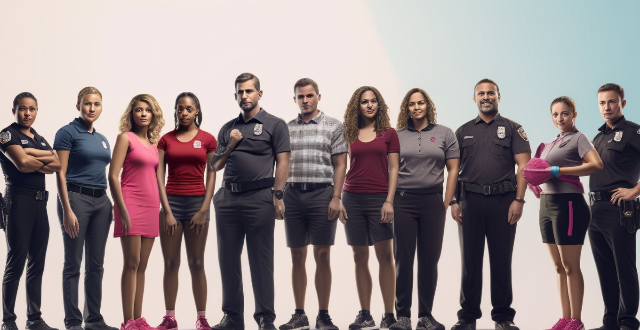
Are there any specific challenges faced by transgender athletes in sports, and how can these be addressed ?
Transgender athletes face unique challenges in sports, includingTransgender athletes face unique challenges in sports, including lack of inclusive policies To address these issues, education and awareness campaigns are needed to promote understanding and acceptance. Inclusive policies and guidelines should be developed to protect the rights of transgender athletes and ensure fair competition. A supportive environment with accessible facilities and resources is crucial for their well-being. Mental health support services tailored to their needs can help them cope with the stress and pressure of being a transgender athlete.

How do competitive sports impact mental health ?
Competitive sports have a significant impact on mental health, with both positive and negative effects. Positive effects include increased self-esteem and confidence, improved social skills and teamwork, stress reduction and relaxation, and goal setting and achievement. Negative effects include pressure to perform, fear of injury, burnout and overtraining, and unhealthy weight management practices. It is essential for athletes to manage the pressures associated with competition and prioritize their mental and physical health above all else. Seeking support from coaches, teammates, friends, and family members can also help athletes navigate the challenges of competitive sports and maintain good mental health.

What are the best sports careers for someone who loves competition ?
Competitive individuals have various sports career options, including professional athlete, coach/manager, sports analyst/journalist, referee/umpire, personal trainer/fitness instructor, sports agent/manager, and event planner/promoter. Each path offers unique opportunities to thrive on competition and excel in the sporting world.

How do sports psychologists help athletes deal with performance anxiety ?
Sports psychologists use various techniques to help athletes manage performance anxiety, including assessment and goal setting, cognitive behavioral techniques, building mental toughness, establishing routines, fostering social support, and ongoing assessment. These strategies aim to enhance an athlete's mental resilience and enable them to perform optimally under pressure.
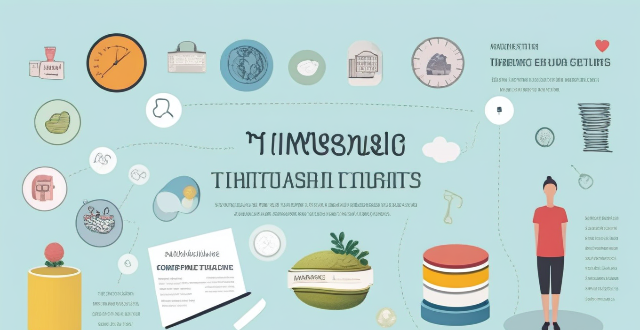
How do celebrities handle stress and pressure ?
Celebrities manage stress through meditation, exerciseCelebrities manage stress through meditation, exercise, social support, time management exercise, therapy, creative outlets, social support, time management, and healthy lifestyle choices.
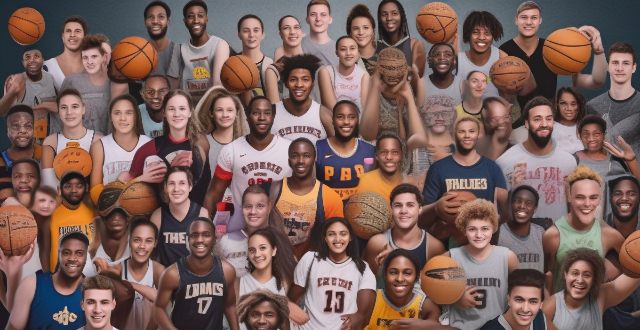
How do I become a professional athlete in basketball ?
To become a professional basketball player, start early, practice regularly, join a team or club, focus on academics and attend a good high school with a strong basketball program. Get recruited by a college program, excel in college, gain national exposure, hire an agent, and go through the draft process. Stay focused, maintain a positive attitude, and be willing to put in the work to achieve success.

How does sports psychology help in managing pre-game anxiety and nervousness ?
Pre-game anxiety and nervousness are common experiences for athletes, but sports psychology offers strategies to manage these emotions effectively. These include goal setting, relaxation techniques, cognitive restructuring, establishing routines, practicing mindfulness, and leveraging social support. By implementing these tools, athletes can enhance their mental resilience and perform at their best when it matters most.